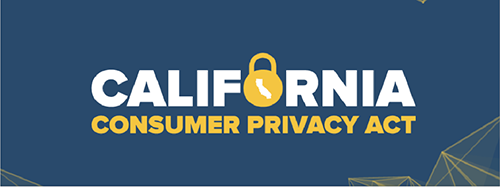
U.S. Department of Labor Addresses Contractor Classification
Тhe U.S. Department of Labor recently issued an opinion to help guide the operation of online platforms or “virtual marketplaces” for contractors and gig workers. That opinion (addressing an unnamed virtual marketplace) covered the perennial question of how to classify flexible talent, and, most importantly, whether an online platform ran the risk of being considered the “employer” of gig workers who use the technology. The answer confirmed that workers using the marketplace were not, in fact, employees of that platform, so the service is not subject to Federal Wage and Hour laws that apply to workers classified as employees.
“The evolving gig economy frequently raises new compliance questions as technology influences the relationships among contractors, freelancers, contingent workers, and employers. Continuous monitoring of the regulatory landscape is critical for staying ahead of the changes.”
Tracey Klein, Executive Director, Global Partner Alliance
Allegis Global Solutions
On a related note, the National Labor Relations Board recently adopted a more employer-friendly position regarding the classification of workers (in this case, Uber drivers) as contractors. Reversing aspects of its 2014 decision that drivers working for large companies are not necessarily independent contractors (in that case, FedEx was the employer), the new position makes it easier to determine that drivers are contractors and thus treats them as independent workers instead of as employees.
Takeaway: Employers should keep abreast of classification regulations while acknowledging that federal opinions may not always end such issues as state regulations may have differing parameters. Learn more here.
California Law Will Influence Candidate and Employee Privacy
In the United States, the California Consumer Privacy Act is just one example of new regulations enforcing data privacy mandates in the wake of the GDPR going into effect last year.
Read more...
Employers Adjust to the General Data Protection Regulation (GDPR) Mandates
The GDPR is not new, but employers continue to adjust to its requirements and navigate new ways of handling personal information.
Read more...
Companies Struggle with Sick Leave Regulations
Conflicting regulations about sick leave continue to challenge employers in terms of how they allocate benefits to different worker types.
Read more...
U.K. Government Issues Update on the 2020 IR35 Rollout
Employers risk an increased financial burden if they fall afoul of this U.K. law addressing contractor status as it relates to a new tax mandate
Read more...
This update contains general information only, and AGS is not rendering legal advice. Before making any decision or taking any action that may affect your business, you should consult qualified legal counsel. AGS shall not be responsible for any loss whatsoever sustained by any person or company who relies on this update.



